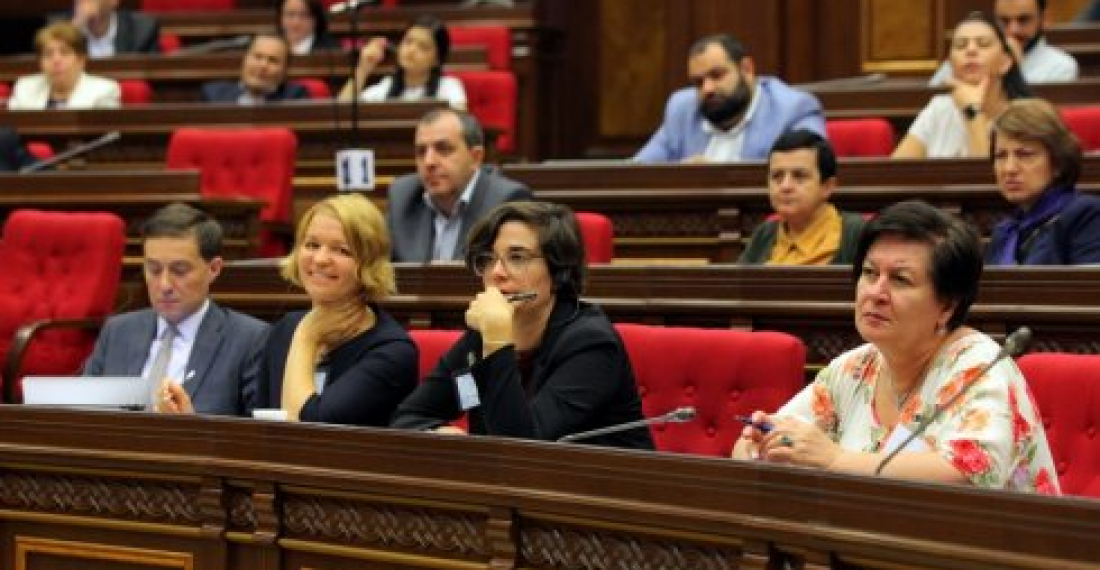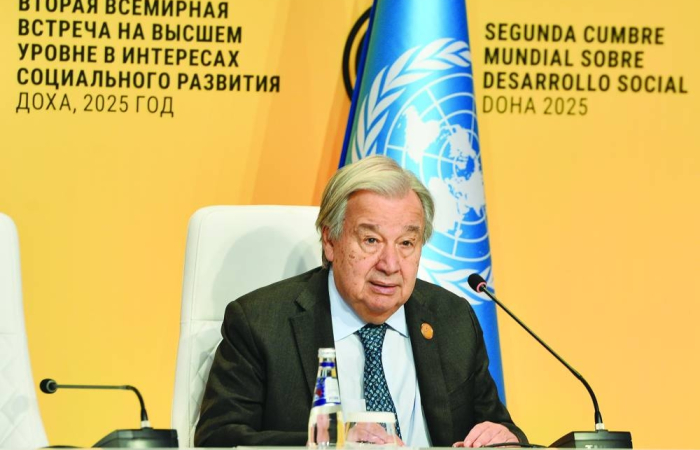Вице-спикер парламента Армении Лена Назарян призвала к расширению числа женщин в руководстве политических партий. Она сказала, что это можно сделать, установив 30-процентную квоту, или с помощью других гарантий в уставе соответствующих партии.
По словам Назарян, политические партии не могут по-настоящему защищать демократию, если они сами не являются демократическими.
"Женщины должны занимать руководящие посты, потому что они составляют половину населения. Все остальное несправедливо. Для решения проблем, поднятых женщинами, число женщин должно достичь критического уровня. Если нет, то эти действия будут только для показухи," - сказала Лена Назарян.
Об этом она говорила на состоявшихся 18 октября в парламенте слушаниях на тему "Конституционный закон о партиях, существующие проблемы и структура для поправок". В слушаниях по инициативе спикера парламента Арарата Мирзояна приняли участие депутаты, политики, представители неправительственных и международных организаций, а также заинтересованные стороны.
источник: commonspace.eu по материалам агентств
фото: Участники слушаний в парламенте Армении по закону о политических партиях, состоявшихся 18 октября 2019 г. (фото любезно предоставлено пресс-службой парламента Армении)






